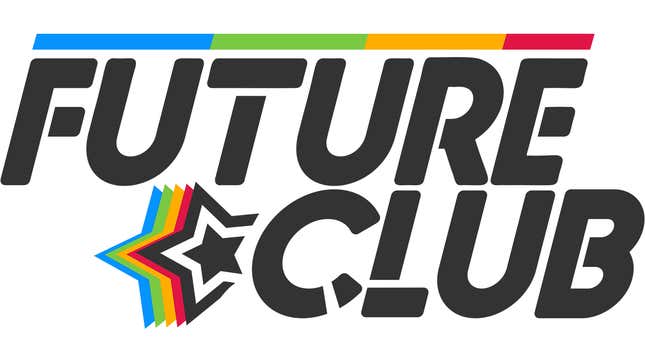
Picking up the pieces of Lab Zero Games’ recent implosion, a group of former Skullgirls and Indivisible developers have established a new game studio known as Future Club. This venture will function as a co-op, allowing every employee to have a hand in the decision-making process.
“We really want to make sure that everyone at the company has an equal say,” Future Club CEO and producer Francesca Esquenazi told Kotaku during an interview last week. “There isn’t one person at the top who can unilaterally make decisions for everyone else, because that model didn’t work out very well for us [at Lab Zero]. We really want to embrace a model where everyone is an equal owner and has an equal voice.”
Some of the veterans involved in establishing Future Club include creative director Mariel “Kinuko” Cartwright and senior animator Jonathan “Persona” Kim, who have both provided fantastic artwork to games like Shantae and Scott Pilgrim vs. The World: The Game over the course of their careers. Skullgirls and Indivisible designer Earl Gertwagen has also joined the team, which is composed of 15 founding members.
While the co-op structure will do a lot to avoid some of the issues that led to the downfall of Lab Zero Games—since the power structure won’t reside in the hands of one person—Future Club also intends to have a conflict-resolution process in place before it’s actually needed. This means support from a certified human resources department as well as ways for employees to come forward with any issue they may have and be heard, no matter how important the offending person is to the company.
“When you’re in the early stages of a company like we are or were with Lab Zero, it’s very easy to think, ‘Everyone’s getting along, we’re all excited about this new venture, there’s not going to be problems, we don’t have to worry about it,’” Cartwright explained. “But there are going to be problems, and you have to know how to deal with it. I’ve learned it’s too late to figure out your conflict-resolution process when there’s already conflict. Figuring it out now while we’re still getting along is really, really important and hopefully we can come up with a plan that can carry us through years of working together.”
Another famous co-op studio, Dead Cells developer Motion Twin, was known for paying everyone the same wages, so a natural question is if the egalitarianism Future Club is planning to implement in the decision-making process will extend to monetary compensation. Every worker at Future Club from the top down will have equal ownership in the company, Esquenazi told Kotaku, but the team is still working on a payment structure. Whether that’s complete equity as was seen at Motion Twin or a model that ensures the highest-paid employee can only make so much more than the lowest-paid employee remains to be seen.
Crunch has become a hot-button issue in the gaming industry as more and more stories have come out about the terrible working conditions at major developers. As a team of experienced developers, the folks at Future Club said that they are also very much about establishing a healthy work-life balance to ensure that no one is subjected to unfair treatment.
“We want to be able to create the games that we’re passionate about, but we don’t want that to come at the expense of our own health,” Cartwright said. “I personally have had a lot of crunch in my life and I’m a little over it. What I’ve learned is that the time I can get away from doing the work is where I get inspiration. I can’t become inspired and come up with new ideas when my head is down at the desk working. For everyone’s health but also for our long-term creativity at the studio, it’s important to achieve a good balance for everyone.”
As for future projects, Future Club is still in the planning stages. While they’re interested in helping on Skullgirls and Indivisible if approached, they also have a few pitches nearing a point where they’re ready to be sent to publishers. It’s all about remaining open to whatever opportunities come their way.
“We’re a team of a lot of talented individuals, but we’re greater than the sum or our parts,” Esquenazi said. “That’s part of why we’re taking this step. We all have value. Us working together collaboratively in a balanced way will make us a stronger team and allow us to make better products. We really want to create games that we love, and the way we do that is by having the time and space to be creative and not focusing things so much on one or two key people. [We’re about] really valuing the team as a whole and what we can do together.”